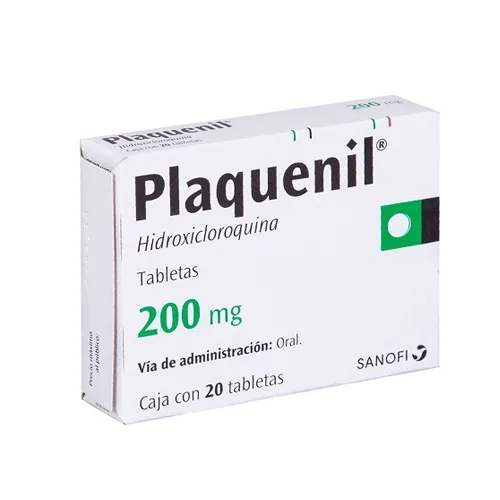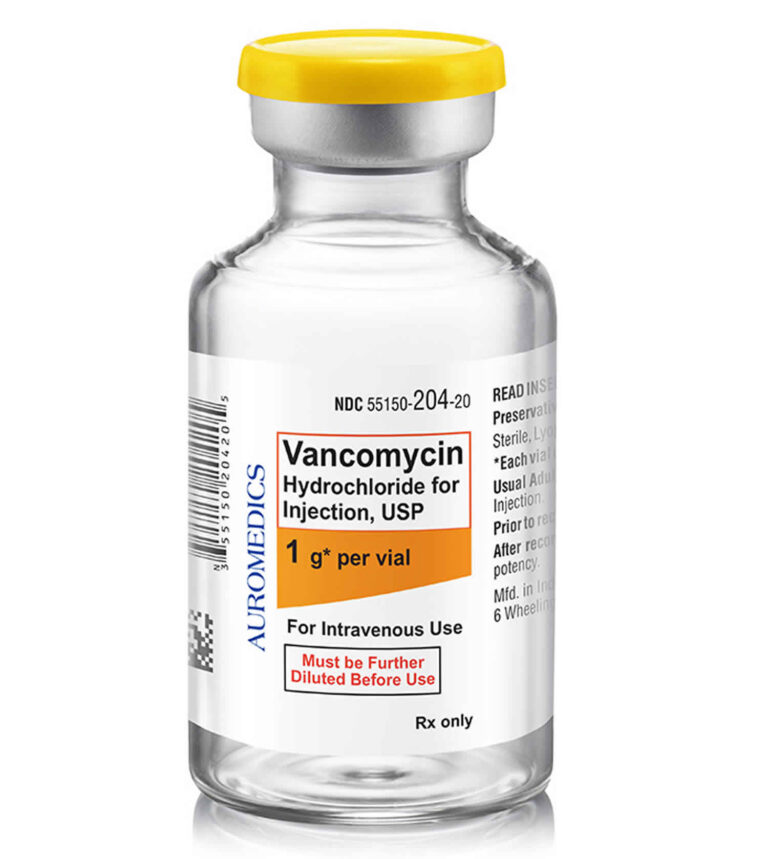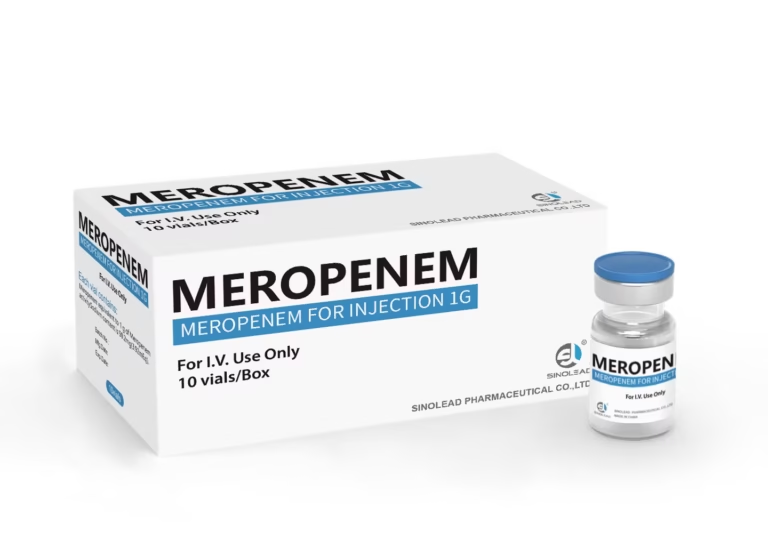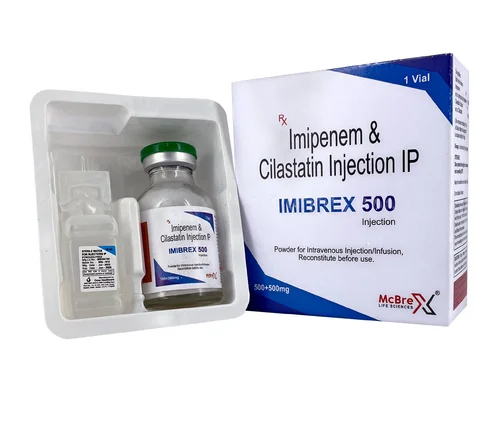UseHydroxychloroquine is a drug used to treat malaria, autoimmune diseases like lupus, and rheumatoid arthritis. In recent...
Antimalarial
Antimalarial medications are drugs used to treat or prevent malaria, a disease caused by Plasmodium parasites, transmitted primarily by Anopheles mosquitoes. The most important drugs are listed below:
- Chloroquine and Hydroxychloroquine – These are among the oldest and most commonly used antimalarial drugs. They work by inhibiting the parasite’s ability to metabolize hemoglobin, leading to its destruction. They are used for Plasmodium falciparum and Plasmodium vivax.
- Artemisinin-based Combination Therapies (ACTs) – These are the first-line treatment for Plasmodium falciparum malaria. Artemisinin derivatives, such as artemether, artesunate, and dihydroartemisinin, are used in combination with other drugs like lumefantrine (Coartem) or amodiaquine. ACTs are highly effective due to their rapid action against the parasite.
- Quinine and Quinidine – These are older drugs derived from the bark of the cinchona tree. They act by interfering with the parasite’s ability to digest hemoglobin. They are used for severe cases of malaria or when resistance to other drugs occurs.
- Mefloquine – This drug is used for both treatment and prophylaxis of malaria, and for drug-resistant strains. It interferes with the parasite’s ability to degrade hemoglobin.
- Primaquine – Used to target the liver stages of Plasmodium spp, for eradication of Plasmodium vivax and Plasmodium ovale.
- Atovaquone-Proguanil (Malarone) – A combination of two drugs, it inhibits mitochondrial electron transport and is used for both prevention and treatment.




